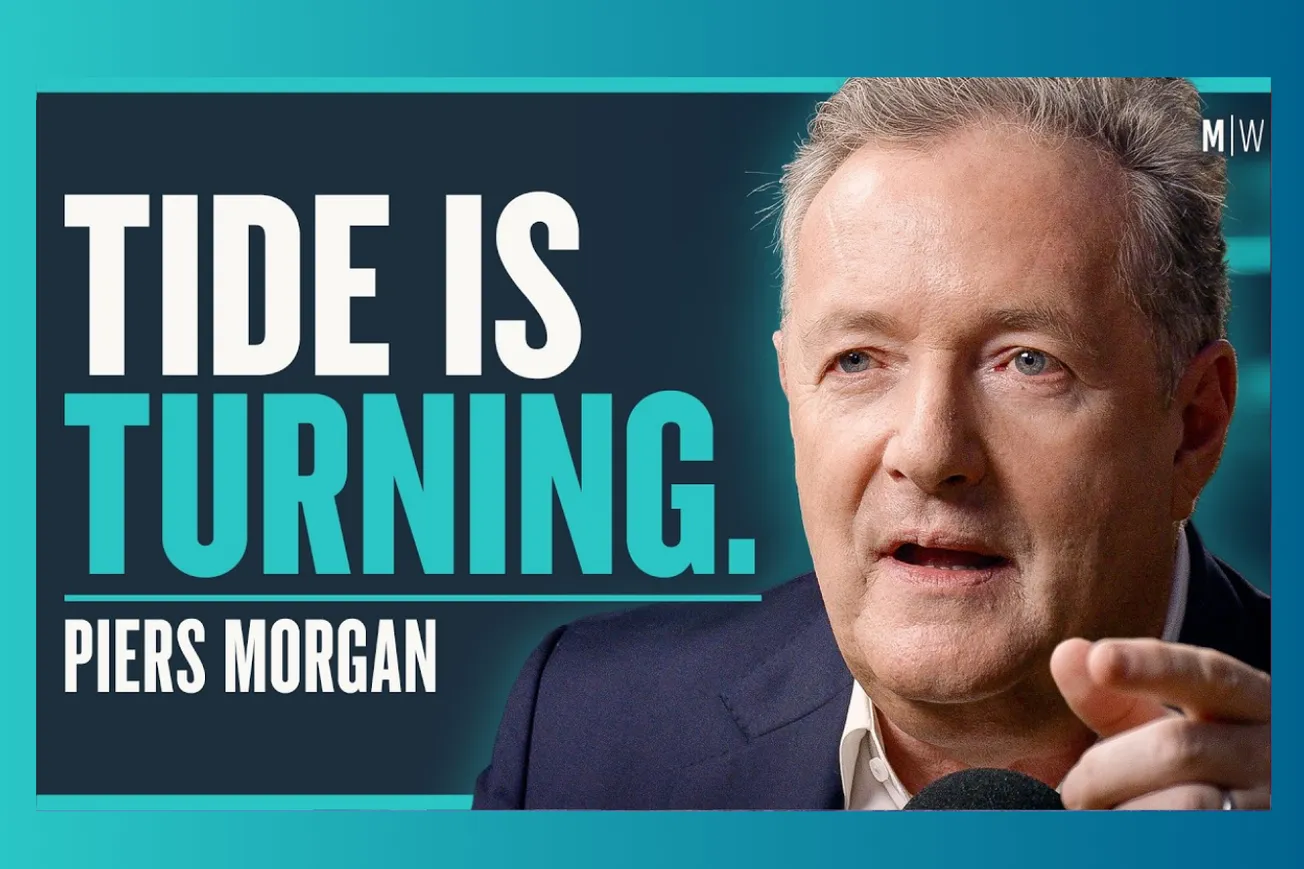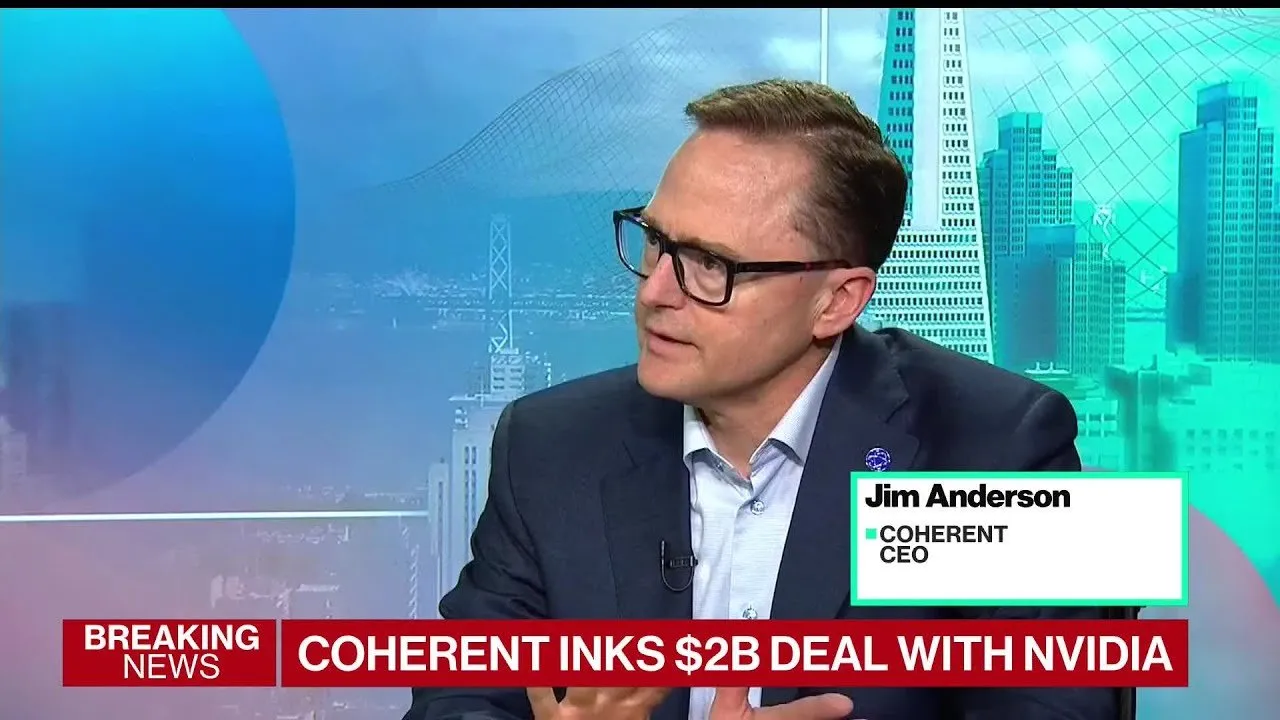Table of Contents
Piers Morgan reveals how "bro politics" emerged as young men sought authentic leadership over virtue signaling in modern society.
Key Takeaways
- Young men gravitated toward "bro politics" because traditional masculine values were being systematically shamed and discouraged
- The pendulum swing from #MeToo created confusion about acceptable male behavior, leaving many men feeling lost and directionless
- Trump's victory represents a rejection of progressive wokeism in favor of practical results over performative gestures
- Cancel culture has been effectively canceled by leaders who simply refuse to participate in virtue signaling expectations
- Social media exposure is creating unprecedented anxiety in young people who see traumatic content their minds aren't equipped to process
- Britain faces similar cultural tensions with immigration and political mediocrity driving public frustration toward breaking points
- Mental resilience comes from accepting failure as temporary while maintaining forward momentum regardless of setbacks
- Traditional workplace relationships have been destroyed by overcorrection, making genuine human connections increasingly difficult to form
Timeline Overview
- 00:00–15:00 — Biden's Hunter pardon controversy reveals political hypocrisy; discussion of "bro politics" emergence with figures like Elon Musk and Vivek Ramaswamy prioritizing action over optics
- 15:00–30:00 — Young men's cultural displacement explored through breakdown of traditional masculine values; #MeToo movement's overcorrection effects on male behavior and workplace relationships
- 30:00–45:00 — Trump's transformation since assassination attempt; personal anecdotes about Trump's character evolution and leadership style changes in his second presidency approach
- 45:00–60:00 — Cancel culture's decline examined through election results; wokeism's hijacking from legitimate social justice into fascistic conformity demands
- 60:00–75:00 — UK political landscape analysis including immigration debates, Keir Starmer's policy reversals, and potential Conservative Party reformation under Nigel Farage influence
- 75:00–90:00 — Social media regulation discussion focusing on youth mental health crisis; comparison with Australia's under-16 ban and arguments for protecting developing minds from harmful content
The Rise of Alpha Male Politics
The emergence of what Morgan calls "bro politics" represents a fundamental shift in how young men view leadership and masculinity. This movement coalesced around figures who embodied traditional strength rather than progressive virtue signaling.
- Trump's inner circle now includes unabashedly alpha personalities like RFK Jr., Elon Musk, and Joe Rogan, all of whom reject the modern tendency to celebrate weakness over strength and represent a return to chest-beating confidence that resonates with lost young men
- The assassination attempt transformed Trump into a figure of undeniable physical courage, with Morgan noting: "I spoke to him that night he rang me... he actually said 'I knew if I didn't get back out there now I might never get back out'"
- Even controversial figures like Andrew Tate gained massive followings among young men because they promoted self-improvement and success aspiration, despite problematic messaging about women
- Jordan Peterson occupies this same space with more intellectual gravitas, essentially delivering the message "be proud to be a man again" after years of masculine shame
- The appeal crosses traditional political boundaries because it addresses a genuine psychological need that progressive culture actively suppressed
- Young men were drawn to these figures because they offered clear direction about identity and purpose in an era of deliberate gender confusion
Cultural Pendulum Swing and Male Confusion
The #MeToo movement, while addressing legitimate historical injustices, created an overcorrection that left young men genuinely confused about acceptable behavior and identity.
- Morgan acknowledges the movement's importance while noting: "the pendulum swung so far the other way that actually it freaked the hell out of young guys and they were suddenly like what am I supposed to be"
- Workplace romance statistics reveal the cultural destruction: "Until 10 years ago 40% of all marriages began with a workplace romance that stat cannot exist today because how does it start"
- Dating apps have failed to replace organic human connection, with their popularity decreasing as people recognize they create "flimsier relationships" that dissolve more quickly than traditional courtship
- The confusion isn't theoretical but practical: young men received contradictory messages about behavior that had been considered normal for generations, creating genuine anxiety about social interaction
- Women dismissing male confusion as easily solved ("it's easy you know how to behave") misunderstands the psychological impact of having fundamental identity markers suddenly redefined as shameful
- The corrective swing now occurring allows people to "work out where the boundaries are" through practical experience rather than ideological mandate
Trump's Personal Evolution and Leadership Style
Morgan's unique perspective from nearly two decades of knowing Trump reveals significant character evolution, particularly following the assassination attempt.
- The shooting fundamentally changed Trump's approach: "I think he's a changed man since then... that empathy streak he's always hidden is now coming out more and I think he's a happier and more relaxed guy"
- Trump's boardroom personality from The Apprentice showed "much warmer... much less combative" qualities with "a streak of empathy towards contestants" that presidential pressure had previously suppressed
- His cabinet selections reflect lessons learned: "he's gone for people who are not establishment because last time he chose establishment people who then basically a lot of them did him in"
- The scale of his victory eliminated the defensive posture that characterized his first term: "you take away that side and you take away the thing that Trump talks about... if someone punches you in the face you hit him back 10 times harder"
- Recent phone conversations reveal a more relaxed leader: "I was just watching you on TV and you were looking great I just I'm going to call you and tell you" demonstrates his improved emotional state
- His dancing to YMCA represents symbolic irony: "the guy who's called the most bigoted president in history chose the number one gay anthem in history to sing on stage"
The Death of Wokeism and Cancel Culture
The 2024 election represented a decisive rejection of progressive orthodoxy, with practical consequences for how society approaches ideological conformity.
- Kamala Harris's defeat proved Americans rejected far-left progressivism when given a clear alternative, despite her desperate attempts to move toward the center during the campaign
- The famous "Kamala Harris is for they/them, Donald Trump is for you" advertisement reportedly moved polling by three points because "personal pronouns are [expletive] and we all kind of know they're [expletive]"
- Morgan defines woke fascism: "when you operate on a principle of cancel culture... you want people to think like you to act like you to speak like you... and if you deviate we're going to destroy you that's fascism"
- Corporate virtue signaling has largely disappeared: "I've noticed on my emails people have stopped using them because they now realize actually it's made them look a little bit ridiculous"
- The original 1960s concept of being "woke" to social injustice was legitimate, but the term was "hijacked in the last 10 years by what I call fascists" who weaponized it for ideological control
- Elon Musk's declaration that "cancel culture had been canceled" reflects the new reality where influential figures simply refuse to participate in performative conformity
British Political Crisis and Immigration Reality
Britain faces parallel cultural tensions with immigration policy and political mediocrity driving public frustration toward potential breaking points.
- The two million signatures demanding Keir Starmer's resignation demonstrate unprecedented public dissatisfaction with leadership that prioritizes looking good over effective governance
- Starmer's immigration reversal, claiming Conservatives ran "an open border policy," represents political repositioning that "the conservatives couldn't have gotten away with three four years ago"
- Net migration approaching one million people annually strains public services beyond capacity: "you can't have a net migration of nearly a million people and expect already struggling public services to not struggle even more"
- Nigel Farage's positions, once considered extreme, now appear mainstream because "he's been proven on immigration to be right" about border control necessity
- Political mediocrity stems from inadequate compensation: "we don't pay people enough for important jobs in this country" with cyber crime leadership offered just £65,000 annually
- The UK leads millionaire emigration globally despite having world-class universities, suggesting systemic problems with entrepreneurship and economic opportunity that drive talent away
Social Media's Mental Health Crisis
The unprecedented exposure of young minds to traumatic content through social media platforms creates anxiety epidemics that previous generations never faced.
- Jonathan Haidt's research demonstrates clear correlation: "since 2010 the incident of anxiety and depression in young people has massively accelerated" coinciding with smartphone adoption
- Young people now witness graphic violence instantly: "if somebody was eaten by a crocodile in Florida... you're watching the video of the guy from someone's camera phone being eaten by the crocodile"
- Previous generations were naturally protected from traumatic imagery because "newspapers wouldn't put that stuff in the paper" and television networks maintained content standards
- Australia's under-16 social media ban represents sensible policy: "it's not a free speech issue it's a brain... it's a free the brain issue" protecting developing minds from harmful exposure
- Current platforms operate without meaningful regulation unlike traditional media: "they're not regulated like a newspaper or a TV network they're just not"
- The volume of real-time content prevents effective moderation: "because they can't control it because of the [expletive] volume of stuff coming in all the time"
Summary
The cultural rebellion among young men represents more than political preference—it signals a fundamental rejection of performative virtue over practical competence. Morgan's analysis reveals how progressive overcorrection created a vacuum that alpha leadership figures filled, offering direction and purpose that mainstream culture systematically denied. This shift extends beyond gender dynamics to encompass broader societal frustration with institutions that prioritize optics over outcomes, from political leadership to social media governance.
Practical Implications
- For Parents: Implement social media restrictions for children under 16 and focus on building mental resilience through controlled exposure to failure and recovery
- For Educators: Address anxiety epidemics by teaching practical coping mechanisms rather than avoiding challenging situations that build character
- For Employers: Reevaluate workplace relationship policies to allow organic human connection while maintaining appropriate professional boundaries
- For Politicians: Prioritize tangible results over virtue signaling to reconnect with voters who value competence over ideological purity
- For Young Men: Seek mentorship from figures who promote self-improvement and personal responsibility rather than grievance-based identity politics
- For Society: Recognize that sustainable progress requires balanced approaches that don't systematically shame traditional values while addressing legitimate inequalities
- For Media: Focus on substantial policy discussions rather than personality conflicts and performative outrage that fuel cultural division
Morgan concludes that both America and Britain stand at critical junctures where authentic leadership must replace performative politics. Young men's rejection of modern cultural orthodoxy signals broader societal demand for competence over ideology.





